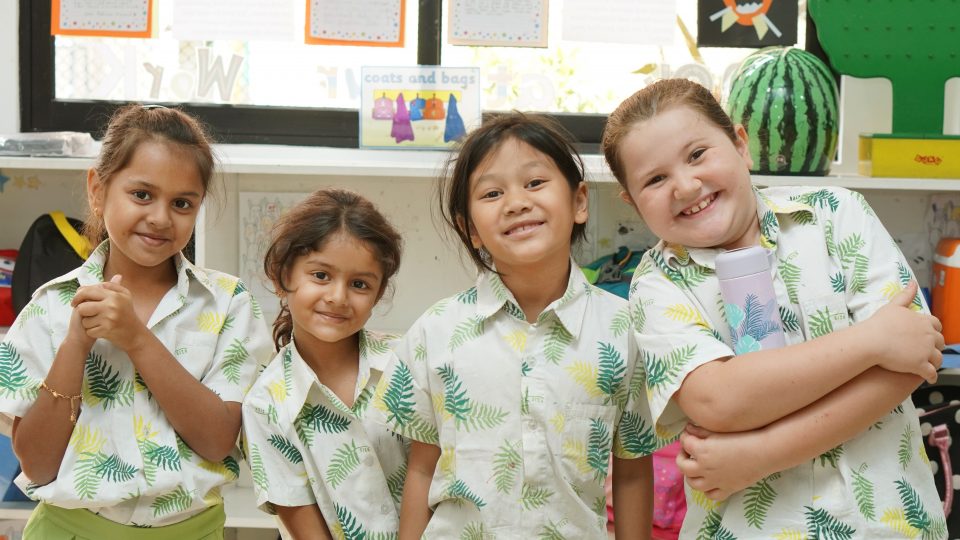In English, the words ‘teach’ and ‘learn’ are often used separately, implying that a teacher only ‘teaches’ and a learner only ‘learns’.
The Maori concept of ako realigns that perspective, recognising that both teachers and learners can bring knowledge to learning interactions and that understanding can grow out of shared experiences. Seeing teaching and learning in this way – as a reciprocal relationship – changes our approach to education and this is reflected in the New Zealand Curriculum. In a traditional teacher-centred environment, the teacher is considered the master of knowledge and the deliverer of content for students to accept and retain.
In an educational setting that applies the concept of ako, the teacher is positioned as a guide who can learn and grow along with students. As guides, teachers can seek to inspire learning through discovery, inquiry, and shared learning experiences. Students are encouraged to drive their own learning process by identifying the questions to which they want to seek answers and then, with the support of their guide, to access the resources to seek those answers, including working with their peers and whanau (family and community) to expand their knowledge. Coming back to the group to then share their findings and express their opinions is also integral to the process and the ako idea of ‘learner as teacher’. The Maori concept of tuakana-teina (older person-younger person) also draws on this idea that we can learn from each other, whether between teacher and student or peer to peer (including through multi-age group projects).
Ako values each member of the learning setting as bringing knowledge with them from which all can learn. Students come from different backgrounds with their own experiences, knowledge and ideas, which should be utilised in the learning environment. Giving students a voice allows them to feel a sense of mana whenua (belonging) and acknowledges them as a valued member of the school community and society. This shifts the balance of power in the classroom. Students can teach the teacher and teach their classmates. The teacher is not expected to know everything and must be willing to say, ‘I don’t know but let’s find out together.’
Information is everywhere today and can be easily accessed with a few clicks. In the 21st century, it has become increasingly important to teach students how to navigate and process all this information that is readily available and then to create something new with that information by giving them the tools to think critically and engage analytically with the information they find. The value of the teacher is not so much the content they can provide but the ways they can guide and navigate the learning experience. This can be done by asking essential questions to stimulate thought and discussion, elicit what students already know, draw connections to their personal experiences and the world around them, identify what they want to learn and provide opportunities to investigate, experiment and create.
2020 has been a year of change and uncertainty. Keeping children motivated to learn from home can be challenging. At New Zealand School Jakarta, we believe deeply in the concept of ako and we are applying it to build positive relationships with our children to make them feel valued, connected and immersed in the learning environment because their contributions and their voice are heard and respected. In a moment when children must feel that they do not have much control of the events unfolding around us, providing a sense of control and autonomy over their own learning can be powerful.
With ako, we are also promoting a culture of learning for our teachers, staff, and other adults in a child’s life by providing opportunities to share ideas and teach each other through teacher and parent or guardian education and sharing sessions. We all have our own strengths and interests, so it is important to utilise this the best we can and set an example of what it means to be a lifelong learner in a collaborative community.
Inherent in the concept of ako is the idea that teaching and learning are a process instead of a result, a journey instead of a destination. We believe this concept has offered us resilience in these challenging times and brings out the best in our students, teachers and the greater community.
Contact us today to learn more about our academic programme, the concept of ako and how we approach online, classroom and blended learning.
Jl. Kemang Selatan I B No.1A, Bangka, Mampang Prpt., Jakarta Selatan 12730, Indonesia | T: + 62 81311963782 | E: [email protected] | W: www.nzsj.sch.id




